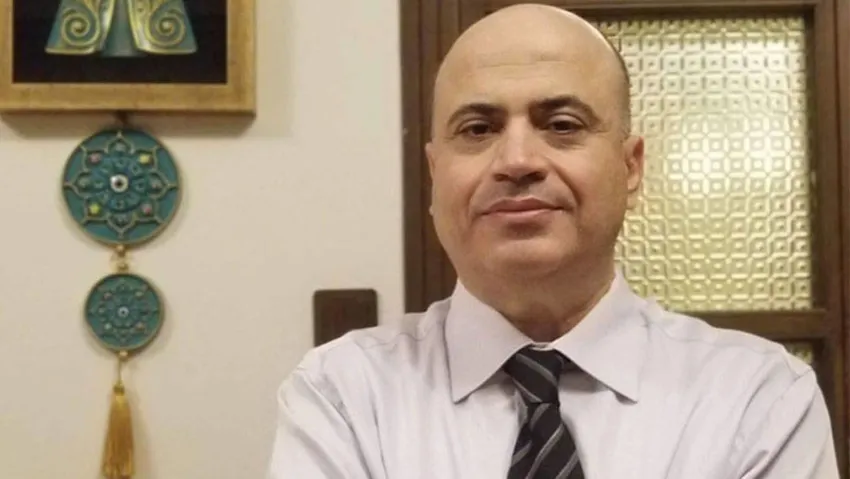A pediatric psychiatrist’s arrest on charges of administering illicit substances to his patients and forcing them to make false accusations of sexual abuse against their families has sparked a nationwide debate and raised concerns over potential efforts to cover up sexual abuse.
Prof. Dr. Süleyman Salih Zoroğlu, who previously headed the department of child psychiatry at İstanbul Çapa University’s medical faculty, is accused of utilizing ketamine — a substance associated with a series of hallucinogenic and euphoric effects — in treating dissociative identity disorder (DID) among his patients and manipulating them into accusing their family members of sexual abuse.
Zoroğlu was dismissed from his job at the university in an emergency decree after a failed coup in 2016, in the wake of which tens of thousands of dissidents were purged from Turkey’s state institutions.
Zoroğlu’s arrest has prompted various reactions from different quarters, including medical professionals and social organizations.
Following his arrest, a social media account purportedly managed by Zoroğlu’s family has been actively defending the psychiatrist, emphasizing the legality of ketamine in treatments for DID. Through the account, Zoroğlu has shown dismay over the media’s role, fearing the further victimization of abused children through misinformation.
The account highlighted that Zoroğlu has made significant contributions to the field, having worked for over 30 years and being the most published and referenced scientist in Turkey in the field of DID. Zoroğlu asserted that his methods are based on internationally recognized practices and expressed optimism that the ongoing investigations will ultimately reveal the truth.
The president of the Turkish Medical Association (TTB), Şebnem Korur Fincancı, in an interview with Artı TV, advised a cautious approach to the developing story and advocated a comprehensive investigation that considers all aspects of the case before drawing conclusions.
In contrast, the Association of Child and Adolescent Psychiatry of Turkey condemned the methods used by Zoroğlu as “unscientific and unethical” They pointed out the potential risks of using ketamine in child psychiatry, a practice that is not accepted worldwide due to the neurotoxic effects and addiction risks associated with it.
The allegations have surfaced in a nation where the judiciary has often been criticized for its alleged acquiescence to political pressure, a situation highlighted by various international bodies and democracy indexes.
Turkey experienced a controversial military coup attempt on the night of July 15, 2016 that killed 251 people and wounded more than a thousand others. Turkish President Recep Tayyip Erdoğan and his ruling Justice and Development Party (AKP) government immediately pinned the blame on the Gülen movement, a faith-based group inspired by Muslim preacher Fethullah Gülen, labeling it as a terrorist organization.
Although Gülen and the movement strongly deny involvement in the abortive putsch or any terrorist activity, Erdoğan initiated a widespread purge aimed at cleansing sympathizers of the movement from within state institutions, dehumanizing its popular figures and putting them in custody.
Some critics hinted at a possible cover-up carried out by influential families to conceal abuse cases, leveraging their political connections to the AKP.
In tandem with the critics’ concerns, pro-government media outlets covering the story emphasized Zoroğlu’s dismissal from his job after the coup as evidence of his malpractice, claiming that the psychiatrist was a member of the Gülen movement and thus a “terrorist.”
This led to speculation regarding the credibility of the allegations against Zoroğlu, with many emphasizing the role of the media in potentially manipulating the narrative.



